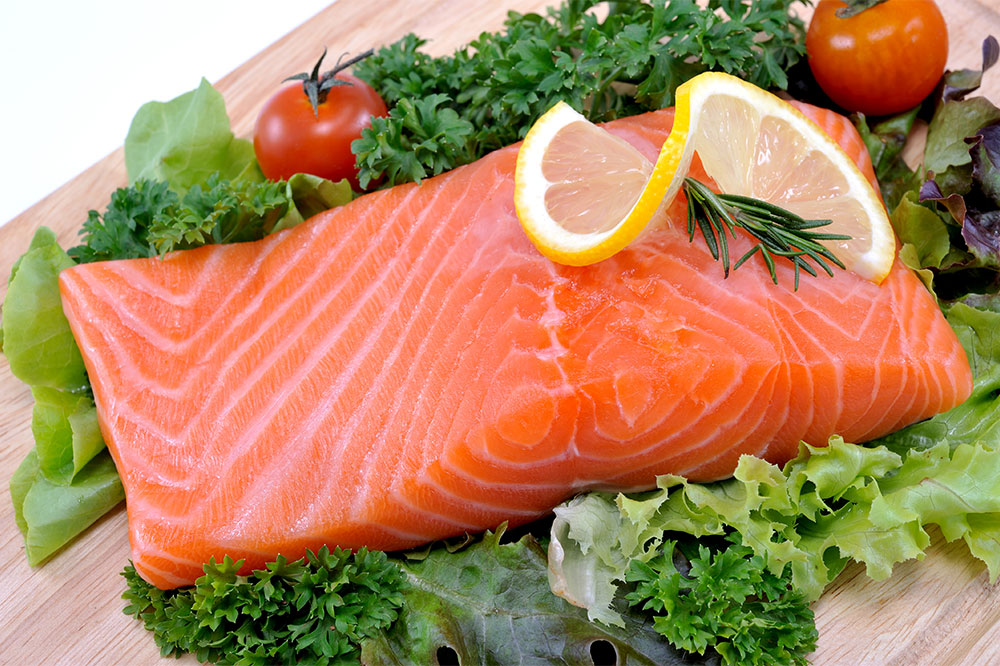
5 Nutritious Foods and Other Treatments for Arthritis Management
Diet plays a crucial role in managing the complications associated with chronic joint problems like arthritis. If you suffer from rheumatoid arthritis (RA), osteoarthritis, psoriatic arthritis (PsA), fibromyalgia or gouty arthritis, please talk to your healthcare provider about how prescription medication—such as Tremfya, Voltaren, Xeljanz, Advil, Humira, Rinvoq, Guselkumab, Simponi Aria, Actemra—can help reduce symptoms like pain, swelling, and limited movement in joints and connective tissue, and improve your mobility and quality of life. YHowever, in many cases you must also avoid foods that can flare up the symptoms and substitute them with healthier options, mainly to counter the inflammation. In this article, we will look at some of the best foods for arthritis pain management.
1. Nutritious fruits
A mix of fruits rich in fibers, anti-inflammatory properties, antioxidants, and even analgesics can help counter the inflammation and pain associated with the common forms of arthritis. Apples, grapes, oranges, pomegranate, grapefruit, and an assortment of berries, including strawberries, blueberries, raspberries, cherries, and cranberries, are a must-have in your arthritis-friendly diet. Most of these fruits contain essential flavonoids that counter the discomforts linked to osteoarthritis and rheumatoid arthritis. Shopping tip: buy fruits that are bright in color.
2. Health-boosting veggies
Vegetables, especially the green leafy ones, are a rich source of nutrition and essential fibers necessary for arthritis pain management. For example, carrots, pumpkin, sweet potatoes, and red bell peppers are loaded with carotenoids that help boost the immune system function. Broccoli, kale, spinach, turnip, and collard greens have vitamin K, a crucial nutrient for bone health. Dark greens also help boost your immunity to ensure faster repair and healing of the damaged tissue. Bright-colored veggies further provide the fortification for vital bones and cartilages that support major joint groups.
3. Plant-based proteins
Chickpeas, pinto beans, black beans, lima beans, kidney beans, soybeans, black-eyed peas, and lentils are rich sources of natural plant-based proteins. Proteins are your essential building blocks, and these legumes can supplement a major portion of your daily requirement, especially if you do not eat meats. Most of these healthy substitutes also compensate for your daily iron and folate requirements. A healthy serving of beans and lentils will also supplement your daily requirement of magnesium and potassium. Besides, they can be prepared in a short time to include a minimum of two servings in your daily diet.
4. Omega-3-rich foods
Omega-3s are excellent compounds that counter the inflammation linked to most arthritis forms. Different types of fish and seafood are a great source of omega-3 fatty acids, and you must incorporate a few options each week. Herring, sardines, anchovies, mussels, and scallops are simple small fish that do not take up much of your cooking time.
5. Healthy fats
It is also necessary to swap out saturated processed fats from your diet with monosaturated fats. For example, instead of using hydrogenated vegetable oils or butter for cooking, use extra virgin olive oils, walnut oils, avocado oils, and even sesame oils. These plant-based substitutes contain essential anti-inflammatory properties for managing problems associated with rheumatoid arthritis. Nuts and seeds are also a healthy fat option. A handful of walnuts, almonds, chia seeds, flax seeds, and pistachios will also supplement omega-3 fatty acid requirements for your daily diet.


